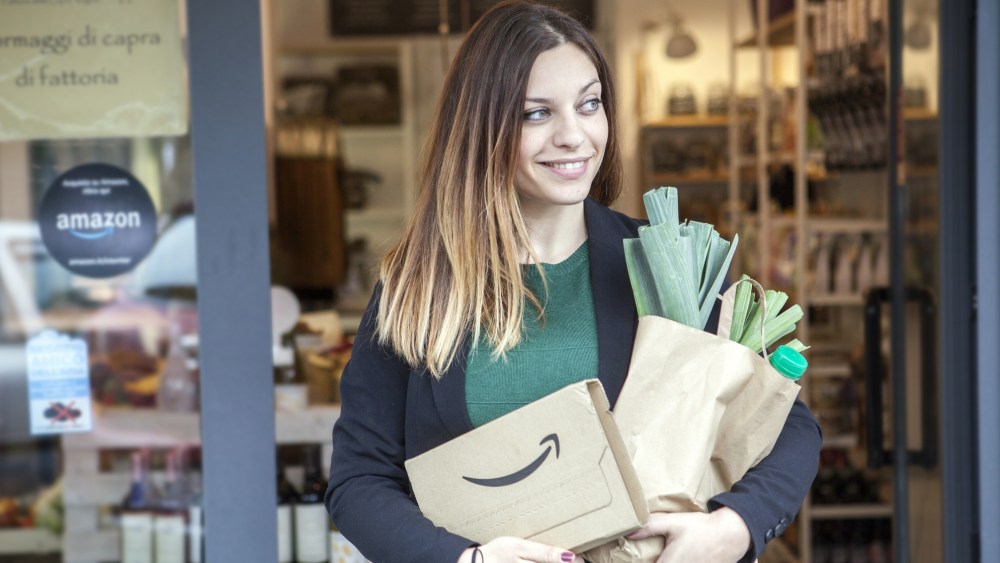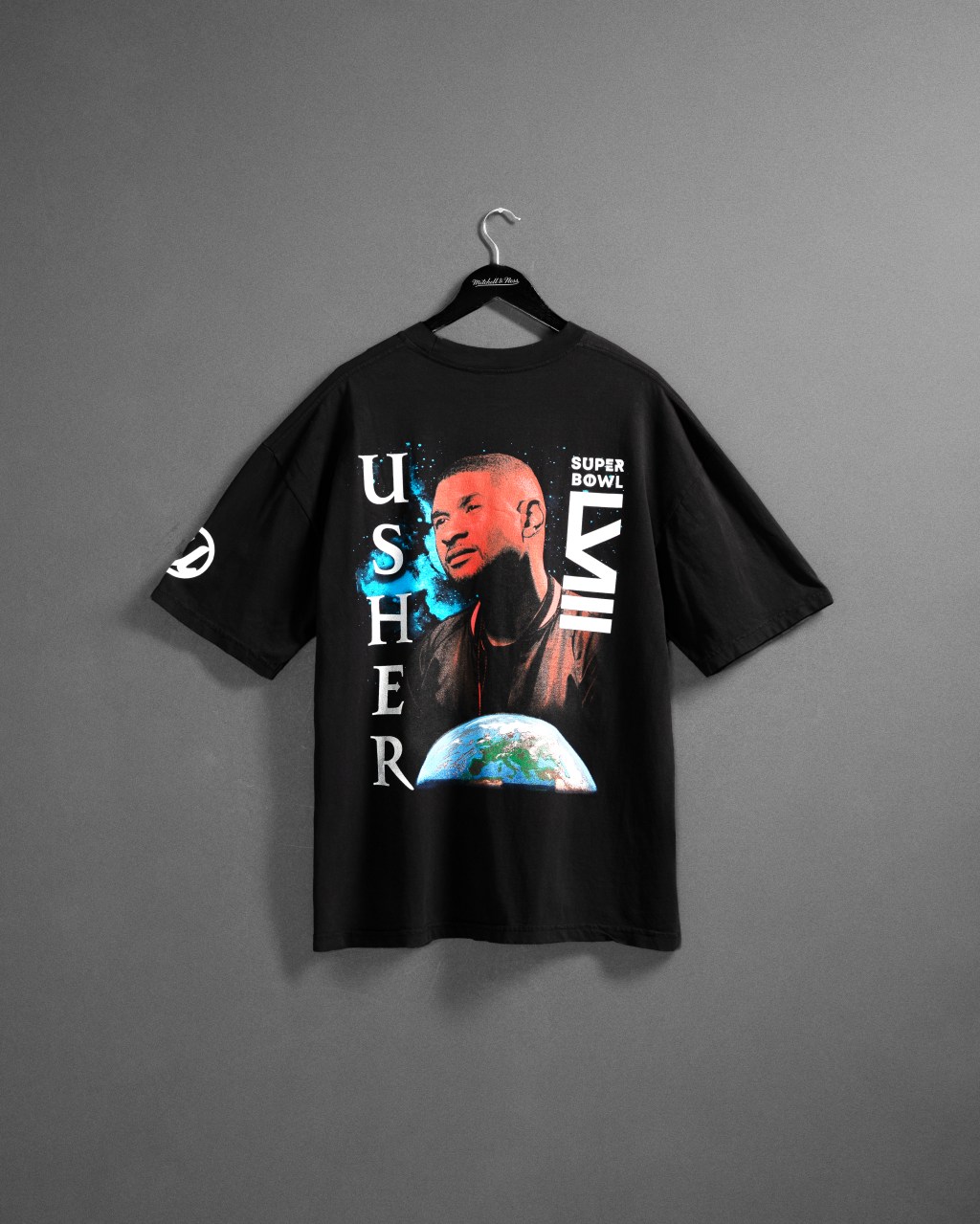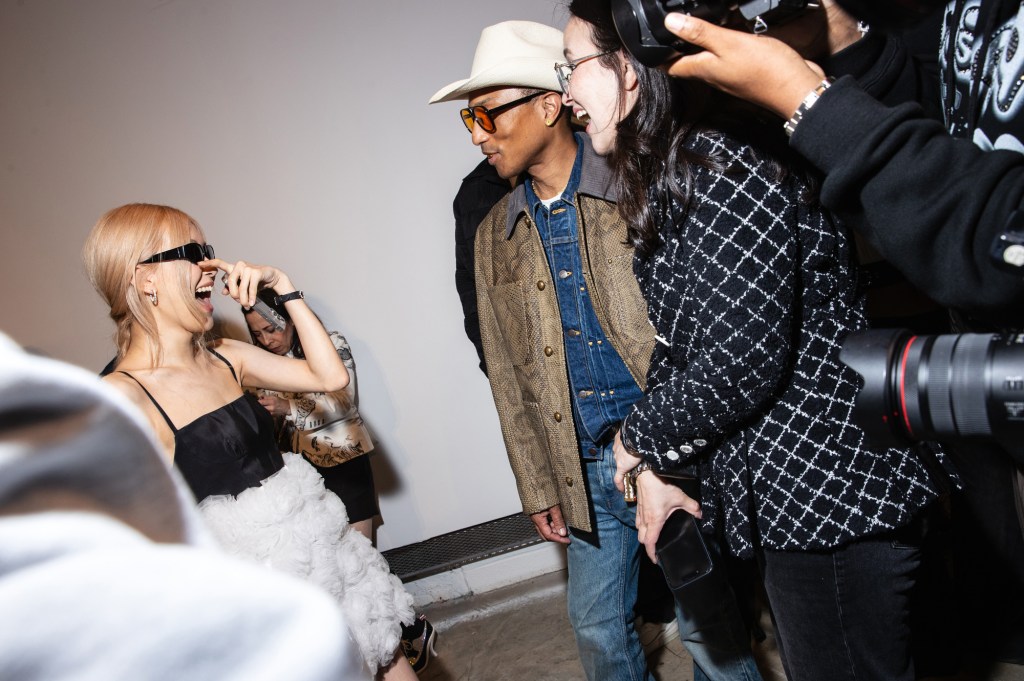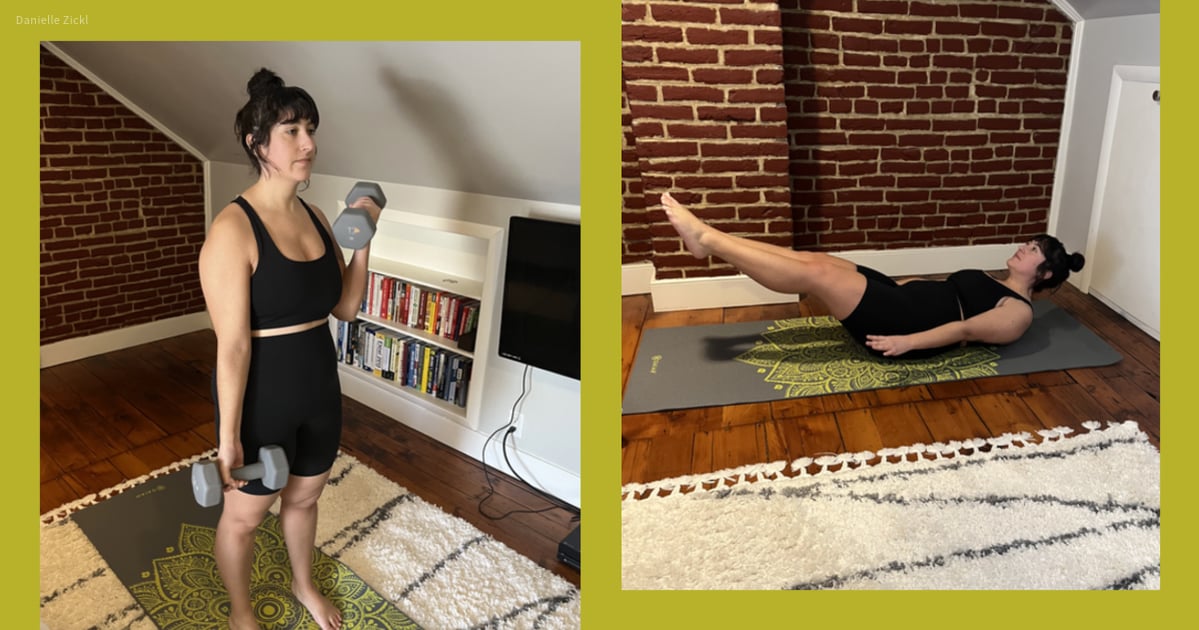The fashion industry has been buzzing about a deal to bring Saks Fifth Avenue together with Neiman Marcus for years — decades, even — but when it finally came last week, it came with a twist: Amazon.
The e-commerce giant is among the players investing in the $2.65 billion deal that will have Richard Baker’s HBC buy Neiman Marcus and meld it with Saks into a new organization called Saks Global. Cloud-based commerce company Salesforce also plans to invest as the transaction closes.
It’s a deal that comes with plenty of questions.
Will brands get squeezed as America’s two main luxury department stores come together? Will U.S. regulators even allow the deal given their opposition to Tapestry Inc.’s $8.5 billion buyout of Capri Holdings? And just what is Amazon up to?
You May Also Like
Amazon did not immediately return a request for comment for this story, but the answers should start to become more clear as the deal goes before the Federal Trade Commission and then, if it is approved, as Saks Global gets on its feet.
Consultant Greg Portell, senior partner and global markets lead at Kearney, is watching to see how Amazon manages the investment.
“Are they managing it as part of an investment portfolio like a VC fund or a PE fund would, or are they going to manage it as if this is a strategic partner where they’re going to codevelop opportunities?” Portell said.
Amazon might also be mindful of the broader dynamic in retail generally.
“There is an argument to be made that Amazon is propping up a sizable competitor in the department store space just to keep the space viable,” Portell said.
Amazon has dabbled in some creative dealmaking in multibrand retail before, like in 2019 when it cut a deal with Kohl’s Corp. that gave it warrants to purchase 1.7 million shares of the retailer, which started accepting Amazon returns. (Those warrants are fully vested now, but have an exercise price of $69.68 while Kohl’s shares are trading at $22.38).
By investing in Saks Global, Amazon is going after a more lucrative shopper, which Portell described as the company’s “last frontier.”
“The luxury consumer is an incredibly important segment of the consumer base that Amazon has an underrepresentation in,” Portell said. “Affluent consumers have buying power, have less price sensitivity, have more advanced tech acceptance. They are an incredibly appealing consumer for any retailer, and it’s a difficult one to break into because the brand value is so important.
“Amazon grew up as basically a democratic retailer where everyone has access and they’re ubiquitous,” he said. “That’s the antithesis of luxury, which is scarcity and aspiration.”
And so, Amazon seems keen on opening up a back door of sorts into luxury.
“Amazon has a real challenge in getting luxury/affluent brands to list products on their platform,” said one source, a prominent investor in fashion. “By acquiring a stake in this deal, they are likely planning to put the squeeze on those brands over time, at a minimum by listing the brands through Saks/Neiman’s on the Amazon marketplace.
“Amazon knows that the ‘true luxury’ brands don’t want to pull out of Neiman’s and Bergdorf (in particular), so this is an interesting chess move for Amazon,” the investor said. “My guess is that their investment, at least in the context of Amazon globally, isn’t that large.”
With a market capitalization topping $2 trillion and cash on hand of more than $73 billion, Amazon does not need Saks or Neiman Marcus or, really, fashion.
But Amazon is as big and successful as it is in large part because it has focused relentlessly on its customer.
And clearly the company believes its customers want it to carry more luxury goods.
Amazon is patient, tenacious and not letting go.
As founder Jeff Bezos told shareholders in a 2008 letter, “If we can identify a customer need and if we can further develop conviction that that need is meaningful and durable, our approach permits us to work patiently for multiple years to deliver a solution.”
In high-end fashion, a solution has been elusive.
Amazon has been working for years to make its mark in the pinnacle luxury, particularly with its Luxury Stores platform.
But despite gaining traction with more aspirational fashion brands like Coach and premium beauty brands like Clinique, Amazon has only broken through with a few top luxury brands, like Oscar de la Renta.
Now, the company is set to own at least a small piece of luxury retailing.
Just what Amazon plans to do with that stake remains to be seen.



